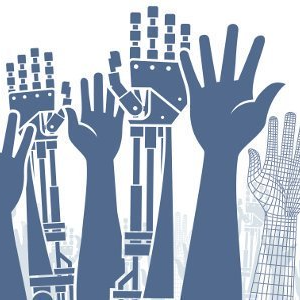Please note that this newsitem has been archived, and may contain outdated information or links.
21 February 2008, Computational Social Choice Seminar, Marco Dall'Aglio

Abstract
Models of cooperation in fair division theory have already been discussed by several authors: Legut, Potters and Tijs (Economies with land -- A game theoretical approach, Games and Economic Behavior, 6 (1994), 416-430) and Berliant and Dunz (A foundation of location theory: existence of equilibrium, the welfare theorems, and core, Journal of Mathematical Economics 40 (2004), 593-618), among others, discuss cases where players already own parts of a divisible good (such as a piece of land, or a cake) and may decide to trade their pieces with those of the other players. Here we change the point of view: what happens when players who participate in the division do not have initial endowments, but may decide to cooperate with other players in order to obtain a greater advantage? We introduce two new games that describe a model of cooperation which takes place before the actual division of the cake. A cooperative game is defined and its properties are investigated. We also seek a comparison with the available models, and we emphasize the new problems arising in our model, such as the importance of picking the right weights for the individuals, as well as for the coalitions that they form. Joint work with Rodica Branzei and Stef H. Tijs.
For more information, see http://www.illc.uva.nl/~ulle/seminar/ or contact Ulle Endriss (ulle at illc.uva.nl).
Please note that this newsitem has been archived, and may contain outdated information or links.
